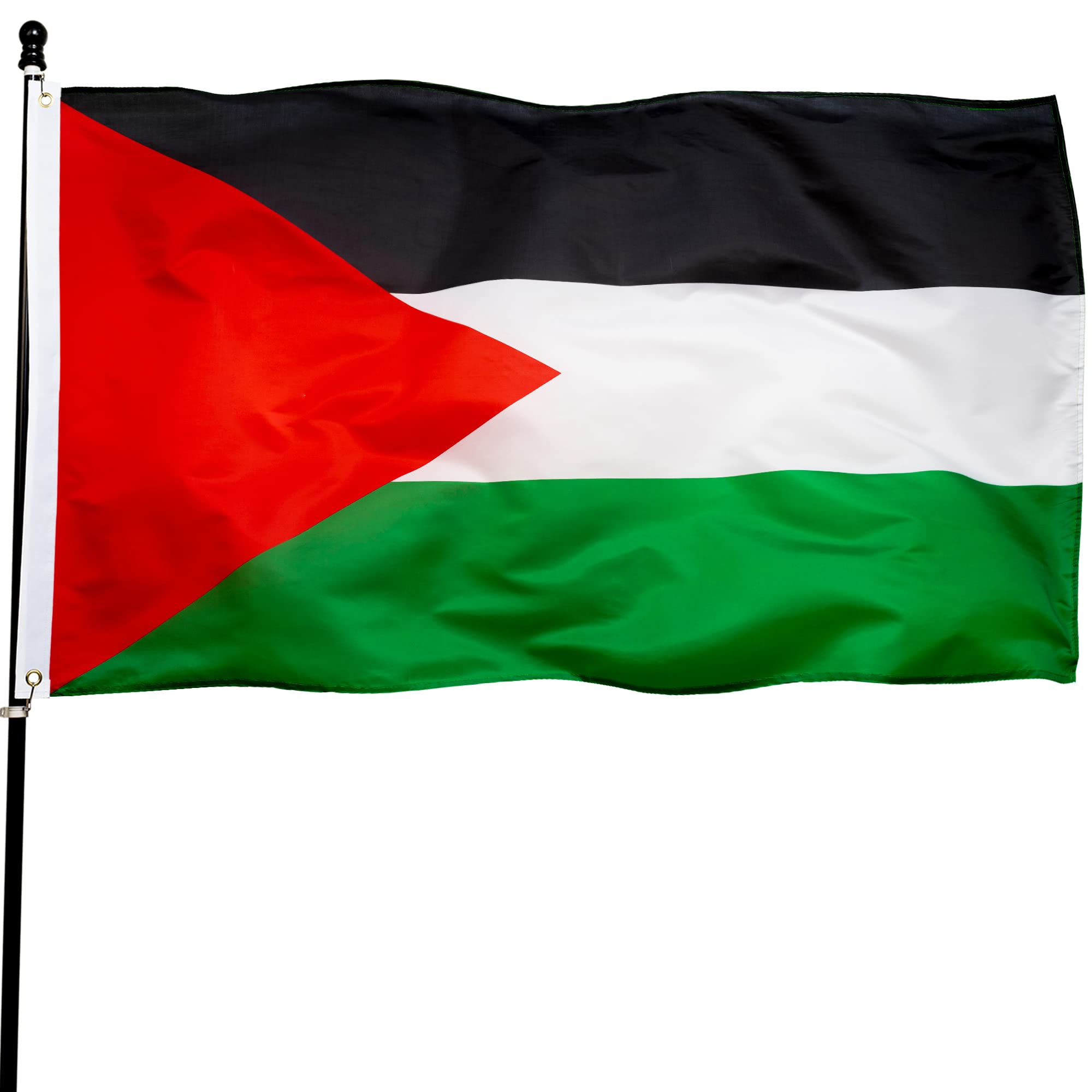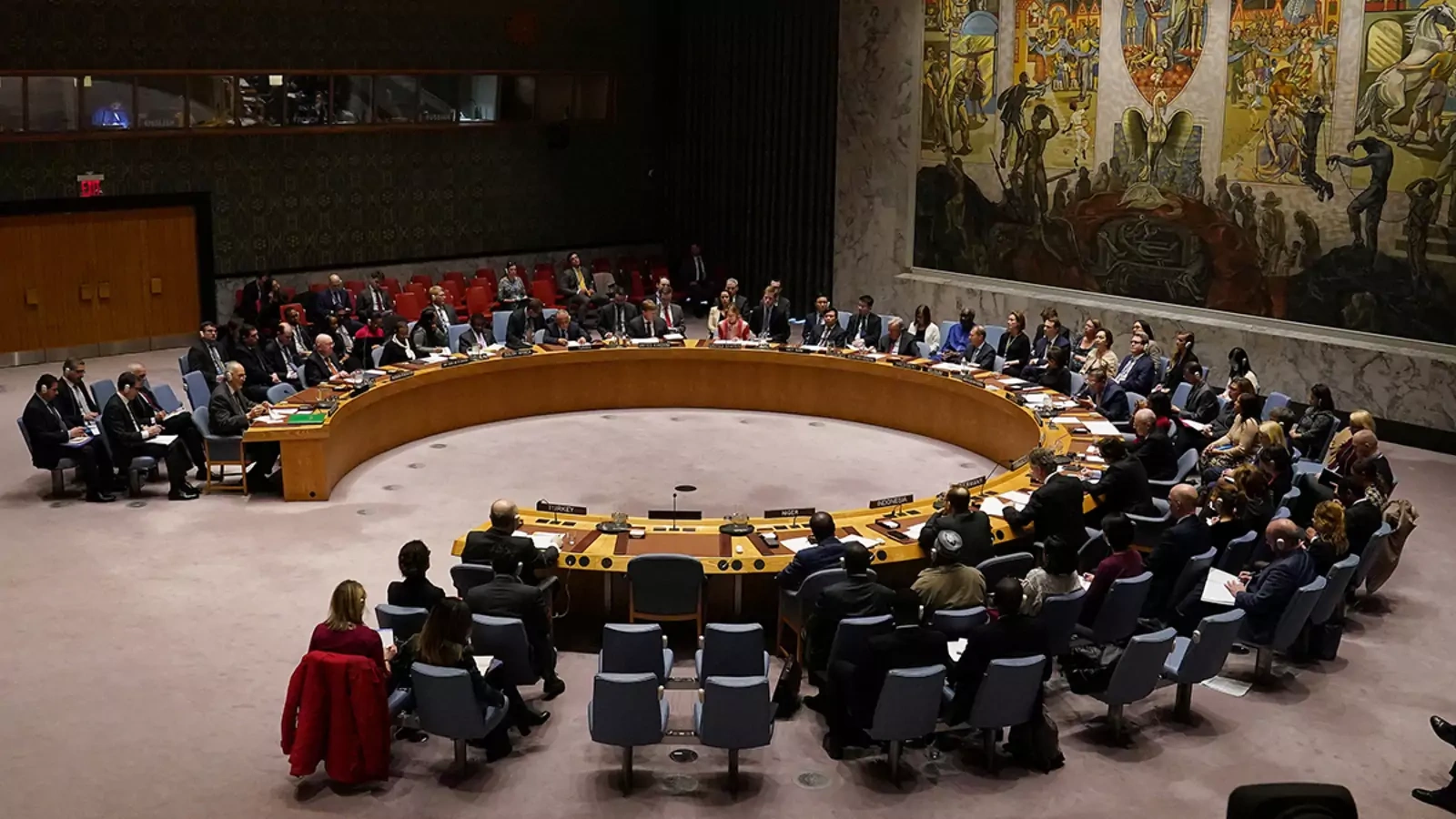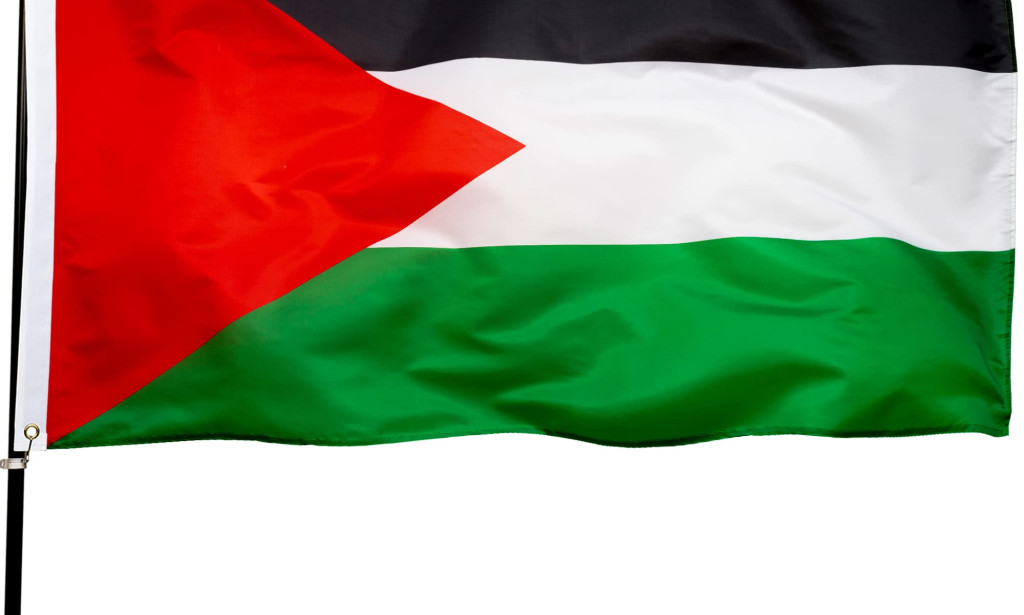 Introduction:
Introduction:
The Israel-Palestine conflict stands as one of the most protracted and complex disputes in modern history, marked by decades of violence, displacement, and deep-seated animosity. Amidst this enduring conflict, the United Nations (UN) has played a pivotal role in seeking to facilitate peace, uphold international law, and address the humanitarian plight of the Palestinian people. This article examines the multifaceted role of the United Nations in the Israel-Palestine conflict, analyzing its efforts in peacekeeping, diplomatic mediation, humanitarian assistance, and advocacy for a just and lasting resolution.
Historical Context:
The roots of the Israel-Palestine conflict trace back to the late 19th and early 20th centuries, with competing claims to the land of historic Palestine by Jewish and Arab populations. Following World War I, the British Mandate over Palestine and the subsequent partition plan by the United Nations in 1947 set the stage for the creation of the state of Israel in 1948, accompanied by the displacement of hundreds of thousands of Palestinians and the outbreak of hostilities.

UN Involvement in Peacekeeping:
In the aftermath of successive conflicts, the United Nations has been actively engaged in peacekeeping efforts aimed at de-escalating tensions and promoting a negotiated settlement between Israel and the Palestinians. UN peacekeeping missions, such as the United Nations Truce Supervision Organization (UNTSO) and the United Nations Disengagement Observer Force (UNDOF), have been deployed to monitor ceasefires, supervise borders, and prevent the resumption of hostilities.
Despite facing numerous challenges, including security threats and political obstacles, UN peacekeepers continue to fulfill their mandate, providing a vital buffer between conflicting parties and contributing to stability in the region. However, the persistence of underlying grievances and unresolved issues often undermines the effectiveness of peacekeeping efforts, highlighting the need for sustained diplomatic engagement and political will from all stakeholders.
Diplomatic Mediation and Conflict Resolution:
The United Nations, through its diplomatic channels and multilateral forums, has sought to facilitate dialogue and negotiations between Israel and the Palestinians, with the aim of reaching a comprehensive and just solution to the conflict. The UN Security Council, in particular, has played a central role in addressing the Israel-Palestine issue, issuing resolutions, and convening meetings to promote peace and security in the region.
Efforts to revive the Israeli-Palestinian peace process, including the Oslo Accords in the 1990s and subsequent peace initiatives, have been supported and facilitated by the United Nations. However, the failure of these efforts to achieve a durable peace agreement underscores the deep-seated obstacles and mutual mistrust that continue to impede progress towards a resolution.
Humanitarian Assistance and Support:
Amidst the ongoing conflict, the United Nations has been at the forefront of providing humanitarian assistance and support to the Palestinian population, who have endured decades of displacement, deprivation, and violence. UN agencies, including the United Nations Relief and Works Agency for Palestine Refugees in the Near East (UNRWA), deliver essential services such as education, healthcare, and emergency aid to millions of Palestinians living in refugee camps and conflict-affected areas.
However, humanitarian operations face significant challenges, including funding shortages, access restrictions, and political obstacles, which hinder the delivery of aid and exacerbate the suffering of vulnerable populations. The UN continues to advocate for unhindered humanitarian access and the protection of civilians in accordance with international law.
Advocacy for International Law and Human Rights:
Central to its mandate, the United Nations upholds the principles of international law, human rights, and the right to self-determination in the context of the Israel-Palestine conflict. The UN General Assembly and Human Rights Council regularly condemn violations of human rights and international humanitarian law committed by all parties to the conflict, including the illegal expansion of Israeli settlements, restrictions on Palestinian movement and access, and indiscriminate violence against civilians.
Moreover, the UN has affirmed the right of the Palestinian people to self-determination and statehood, in line with relevant UN resolutions and international legal frameworks. Efforts to promote accountability for violations of human rights and international law, including through investigations and fact-finding missions, remain a priority for the United Nations in seeking justice and redress for victims of the conflict.
Conclusion:
The United Nations' role in the Israel-Palestine conflict encompasses a wide range of diplomatic, humanitarian, and advocacy efforts aimed at addressing the root causes of the conflict, promoting peace and security, and upholding the rights and dignity of all parties involved. Despite persistent challenges and setbacks, the UN remains committed to supporting a just and lasting resolution to the conflict, based on the principles of international law, mutual recognition, and respect for the rights and aspirations of both Israelis and Palestinians. As the international community continues to grapple with the complexities of the Israel-Palestine conflict, the United Nations' role as a facilitator of dialogue, mediator of disputes, and champion of human rights remains indispensable in the pursuit of peace and justice in the region.



You must be logged in to post a comment.